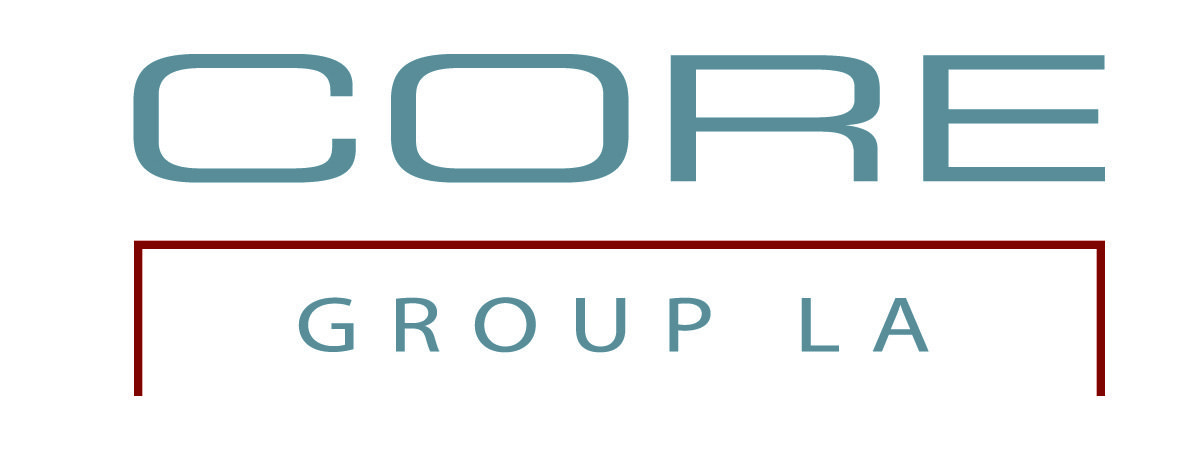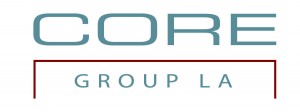FROM LAIST/ UPDATED 3/20: Our friends at the Long Beach Post have put together this helpful list (which we organized into categories and made some additions to).
You can still go on walks. You can still go to the grocery store. You can still pick up food from restaurants (to-go orders only). Take your pet to the veterinarian. Visit your doctor or pharmacy. Help someone else get supplies.
Last night, Los Angeles County and state officials issued a stay at home order to help slow the spread of coronavirus. Under this new “safer at home” order — and the governor’s order given minutes later—gatherings of 10 or more people are banned.
For gatherings that aren’t prohibited, people must be separated by at least 6 feet, have a hand washing station or hand sanitizer available and post a sign notifying people not to come if they have a fever or cough.
Malls, shopping centers, playgrounds and nonessential retail businesses are ordered closed. Gyms, movie theaters, bars and wineries were ordered closed on Sunday. People can still exercise outside and go on walks or hikes.
The order went into effect at midnight and is punishable by fines or imprisonment. Here’s how the City of L.A. puts it in an FAQ on the orders:
Q: Is this order mandatory? What happens if I don’t comply?
A: Yes. This is a legally enforceable order. It is against the law to violate this Order, and you may be punished by a fine or imprisonment for doing so.
That said, asked at yesterday’s news conference if you should call the police if you see someone violating the orders, L.A. Mayor Eric Garcetti stressed that the countywide goal was to have a “light touch,” not to to march people into jail:
There are never going to be enough county or cities workers to be able to quote unquote enforce this. This is on 10 million people to self enforce, and for us to look where there are those holes and make sure that those are closed quickly.
Residents can expect everything but “essential businesses” to be closed and for workers whose jobs don’t fall into that category to stop reporting to work. Let’s take a closer look at what that means.
ESSENTIAL BUSINESSES INCLUDE:
Places that sell or produce food:
- Grocery stores, certified farmers’ markets, food banks, convenience stores, pet supply stores, farm and produce stands. This includes stores that sell groceries and sell other non-grocery products, and products necessary to maintaining the safety and sanitation of homes.
- Restaurants and beverage facilities that prepare and serve food or beverages, but only for delivery, drive-through or carry out.
- Food cultivation, including farming, livestock and fishing.
Places with medical purpose:
- Home-based care for seniors, adults, people with a disability, or children.
- Residential facilities and shelters for seniors, adults, people with a disability, and children.
- Cannabis dispensaries with a medicinal cannabis license.
Media outlets:
- Newspapers, television, radio, magazine, podcast and other media services.
Core life services:
- Gas stations, and auto-supply, auto-repair and car dealerships.
- Banks and credit unions.
- Hardware stores, garden nurseries, building supplies.
- Laundromats, dry cleaners and laundry service providers.
- Personal grooming services.
- Plumbers, electricians, exterminators, custodial/janitorial workers, handyman services, funeral home workers and morticians, moving services, HVAC installers, carpenters, landscapers, gardeners, property managers, private security personnel and other service providers who provide services to maintain the safety, sanitation, and essential operation to properties and other essential businesses.
- Businesses that supply office or computer products needed by people who work from home.
- Businesses that supply other Essential Businesses with the support or supplies necessary to operate.
- Businesses that ship, truck, provide logistical support or deliver groceries, food, goods or services directly to residences, essential businesses, healthcare operations, essential infrastructure.
- Airlines, taxis and other private transportation providers providing transportation services necessary for activities of daily living.
- Businesses that provide parts and service for essential infrastructure.
- Professional services, such as legal or accounting services, when necessary to assist in compliance with legally mandated activities.
Childcare for essential workers:
- Childcare facilities providing services that enable employees exempted to work. To the extent possible, childcare facilities must operate under the following mandatory conditions: (1) Childcare must be carried out in stable groups of 12 or fewer; (2) Children shall not change from one group to another; (3) If more than one group of children is cared for at one facility, each group shall be in a separate room. Groups shall not mix with each other; (4) Childcare providers shall remain solely with one group of children.
Places that provide shelter:
- Hotels, motels, shared rental units and similar facilities.
- Homeless shelters and social services for economically disadvantaged people.
Places that educate:
- Educational institutions (including public and private K-12 schools, colleges, and universities) for purposes of facilitating distance learning or performing essential functions, provided that social distancing of 6-feet per person is maintained to the greatest extent possible.
Military/defense contractors/FFRDC (Federally Funded Research and Development Centers).
- Essential personnel may leave their residence to provide any service or perform any work deemed essential for national security including, but not limited to defense, intelligence and aerospace development and manufacturing for the Department of Defense, the intelligence community, and NASA and other federal government, and or United States Government departments and agencies. Essential personnel include prime, sub-primes, and supplier contractor employees, at both the prime contract level and any supplier levels at any tier, working on federal United States Government contracts such as contracts rated under the Defense Priorities and Allocations System (DPAS) and contracts for national intelligence and national security requirements.





